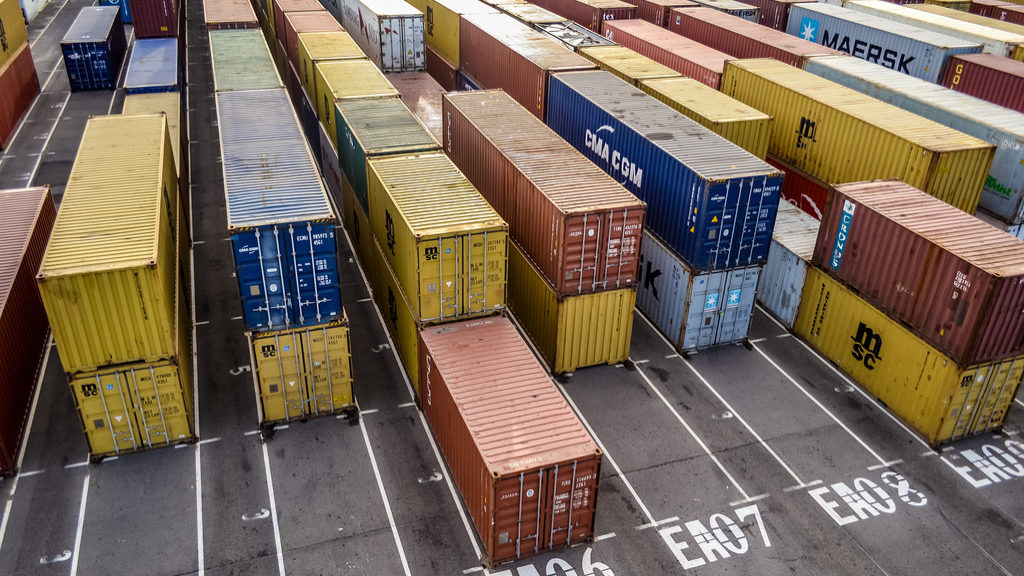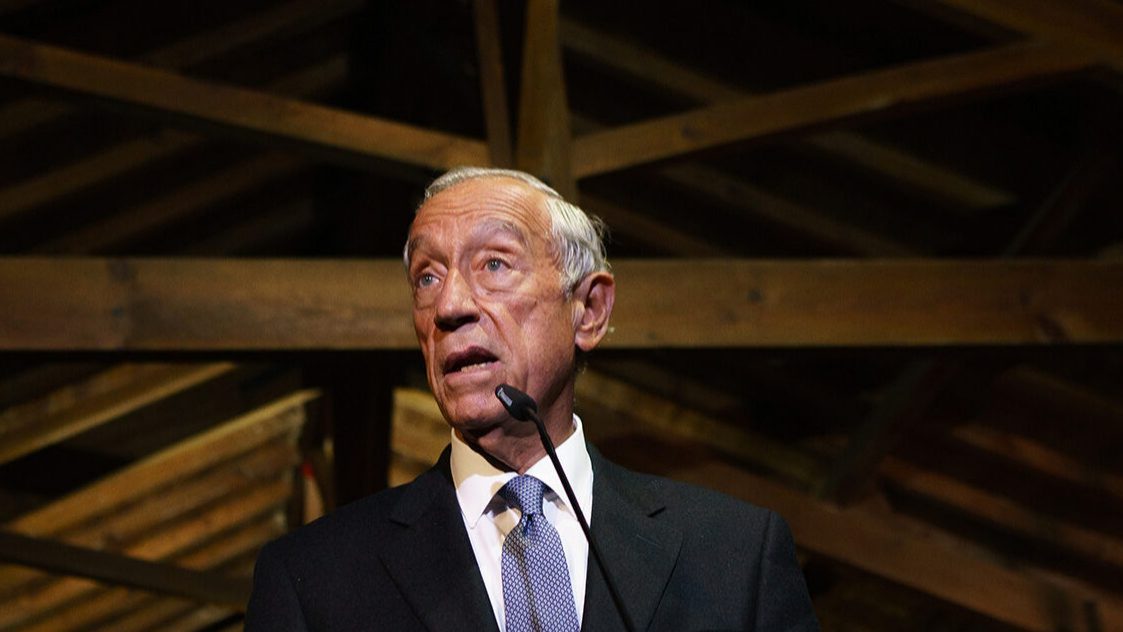Portuguese purchases from the US soar 30.5% in the first quarter
The weight of the US in total Portuguese exports fell to 6.2% in the first quarter. Sales of medicines and furniture soared as exports were brought forward ahead of the new tariffs.
Portuguese exports of goods to the United States fell by 1.8% in the first quarter compared to the same period last year, but imports rose by 30.5%, driven above all by developments in March, the month in which the 25% tariffs on steel and aluminium announced by Donald Trump went ahead.
The data is from the National Statistics Institute (INE), made available to ECO, and also reveals that in the first three months of the year total Portuguese exports rose 7.7% year-on-year and imports 7%. However, the figures hide details about the trade relationship with the United States, which already seems to reflect the effect of the tariffs.
Purchases from the USA grew by 30.5% between January and March compared to the same period last year. The weight of the USA in total Portuguese imports in the first three months of the year went from 1.8% to 2.2%.
Influencing this performance was the 44,305.9% increase in cereal imports, a product that went from representing 95.9 thousand euros in the first quarter of 2024 to 42.6 million euros in the first quarter of this year. In other words, if in the reference period this good had no weight in the total of goods imported by Portugal from the USA, it now weighs 7.2%.
Excluding fuels and mineral oils, which rose 8.95% and account for 43.7% of all goods imported from the US, imports of machinery and equipment rose 253.2% to 53.56 million euros, with a weight of 9.1%, and aircraft and special equipment rose 951% to 36.7 million euros, with a weight of 6.2%.
Looking only at the month of March, the year-on-year increase of 115.8% to 190.2 million euros stands out, even though it fell 28.9% in monthly terms.
Exports of medicines and furniture soared
Sales of goods to the United States were slightly lower than in the first quarter of 2024, totalling 1,313 million euros. The weight of the US in total Portuguese exports also deteriorated from 6.8% in the first quarter of 2024 to 6.2% in the first three months of this year.
The 32.1% growth of pharmaceutical products in the first quarter compared to the same period last year stands out. They were worth 463.8 million euros, with a weight of 35.3% in total exports to the US. Also relevant was the 31.9% increase in furniture and mattresses, to 39.2 million euros.
However, these increases were not enough to counteract the 43.8% drop in mineral fuels and mineral oils to 133.4 million euros. There were also falls of 19.6% in machinery, electrical equipment and materials, 19% in nuclear reactors, boilers and machinery, 13% in cast iron, iron or steel products and 18.3% in cast iron, iron and steel products.
Taking only the month of March into account, Portuguese exports to the US fell 8.6% year-on-year to 565 million euros, but rose 34.8% month-on-month.
The first few months of the year were marked by the announcement of tariffs by US President Donald Trump. First, with 25% tariffs on steel, aluminium and European cars, and later with 20% reciprocal tariffs on the euro bloc. The latter are currently suspended until July, during which time negotiations are taking place between the parties.
Nevertheless, Brussels last week proposed a list of US industrial and agricultural goods to tax, worth 95 billion euros, if negotiations with the US don’t work out, and is also preparing to lodge a complaint with the World Trade Organisation (WTO).
According to Brussels’ calculations, around 70% of the EU bloc’s exports to the United States are subject to the new tariffs.
Meanwhile, the United States and China have agreed to take a 90-day break from their tariff war and to substantially reduce the amount of tariffs they impose on each other. Chinese tariffs on US products will fall from 125% to 10% over the next 90 days, while US tariffs will fall from 145% to 30%.
The finance minister reiterated this Monday that the European Commission must negotiate with the Trump administration to reach an understanding on tariffs. Joaquim Miranda Sarmento was speaking to journalists at the entrance to the Eurogroup in Brussels when he was asked if the understanding between the US and China was also a sign of hope for the EU bloc.
“We need to negotiate, sit down at the table with the US administration. There is a negotiating process underway. Europe has to look at its interests, but try to reach an understanding so that no tariffs are applied or that they are mitigated as much as possible”, he said.
For his part, the president of the Eurogroup, Paschal Donohoe, considered that the agreement between Washington and Beijing “is welcome”, but admitted uncertainty in global trade and an economic impact from US tariffs.
“Despite everything, our [the Eurozone’s] economic performance remains very solid. At the moment, it lags behind other parts of the world, but we are at the forefront of many of the forces of uncertainty and our economies continue to perform strongly,’ said Paschal Donohoe, quoted by the Lusa news agency.




